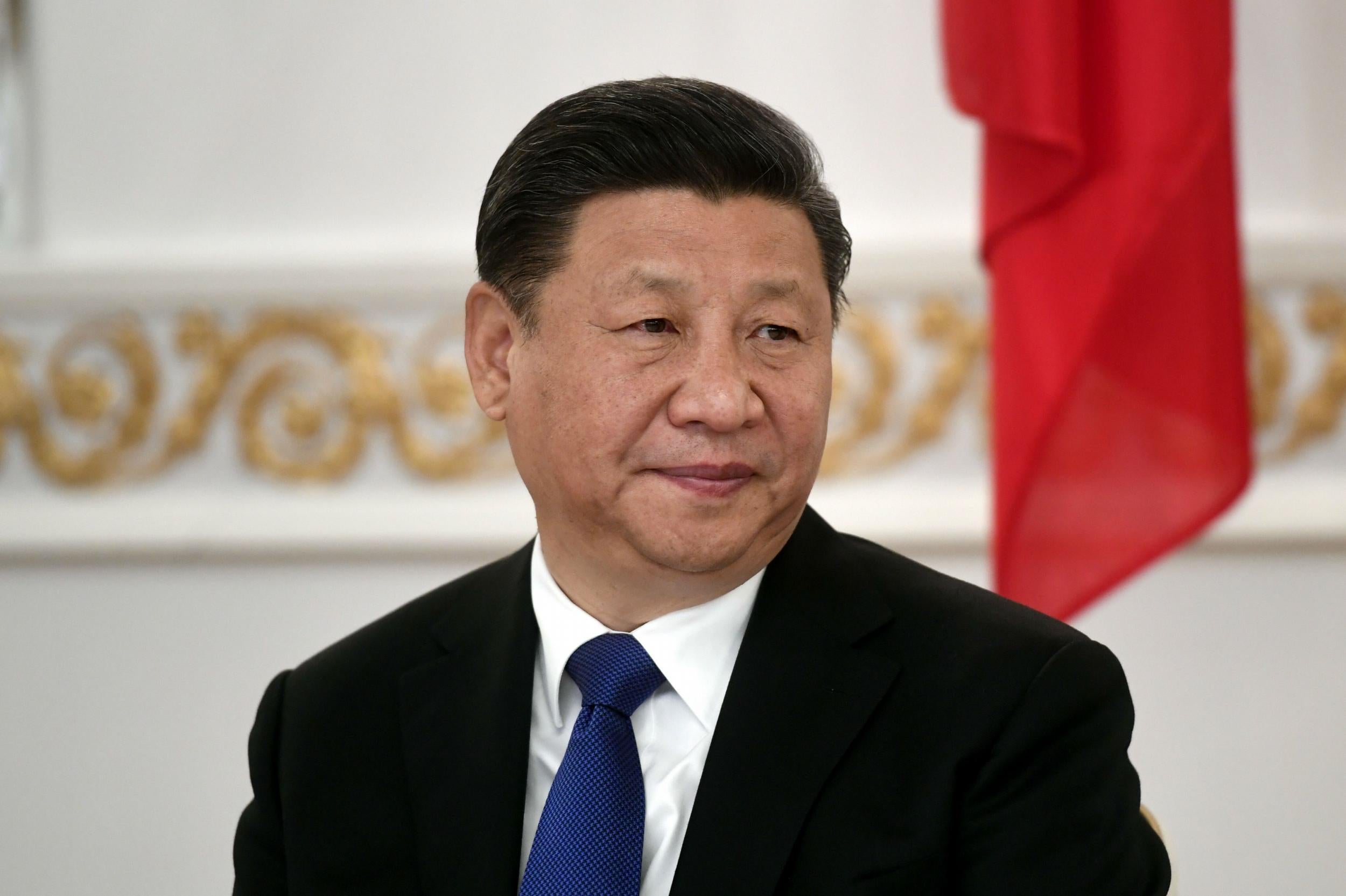President Xi Jinping’s collection of US debt will remind Trump that he is not the master of his own nation’s destiny
The Chinese slowly winding down their stock of US bonds and spending them on American or other western exports and assets may restore some sanity to Sino-American relations

When President Xi Jinping arrives in Florida to shake hands with President Donald Trump – a far from routine diplomatic manoeuvre with Mr Trump – the leaders of these two superpowers will have much to talk about. In particular, they will have an opportunity to start work on fixing two of the biggest problems facing them and the rest of the world. On one, the world economy, the two men can, with sufficient political will and national goodwill – do a great deal on their own. With the other, North Korea, both are surprisingly powerless, even feeble.
The economic relationship between America and China has been, at best, uneasy for many years. Although showing some amelioration in recent years, America’s long-running trade deficit with China has created a vast and unprecedented tower of debt. After the best part of three decades of astonishing economic growth, led by exports to the West, China has amassed more than $1 trillion (£800bn) – that’s $1,000bn, or $1,000,000,000,000 – of US Treasury bonds. This is by far the greatest of the “global imbalances” that, indirectly, led to the financial crash that began in 2008, and the sheer volume of that debt, still increasing albeit at a slower pace, threatens still the stability of the world’s financial system. When America is overburdened with debt it affects her ability to sustain the world financial system and wider economy in times of stress. In such circumstances the world is vulnerable to a relatively modest recession turning to full-blown depression. China, for its part, simply cannot spend all of the money at once for fear it would crash the value of the dollar – and thus the spending power of their greatest single national financial asset. Like two drunken giants stumbling along supporting each other uncertainly, there is always the possibility of a calamitous stumble.
So the two leaders need to do something to restore equilibrium to their trade. Mr Trump is justified in seeing China as a currency manipulator – it has been at times and openly so. But he is wrong to think that even if China has a market-driven free floating exchange rate that would be sufficient to remove China’s competitive advantage. With wage rates so low, American manufacturing was never going to be able to withstand the challenge once China decided to rejoin the world economy under Deng Xiao Peng. The same was true of previous assaults on it from Japan and Germany. Still, allowing the yuan to revalue steadily but appreciably would take some of the edge off that competiveness, and help restore some sanity to Sino-American trade. So would the Chinese slowly winding down their stock of US bonds and spending them on American or other Western exports and assets. The threat of protectionism by Donald Trump – and it is a real threat – should focus President Xi’s mind. Mr Xi’s collection of US Treasury IoUs will remind Mr Trump that he is not quite master of his own nation’s economic destiny. A deal, then, is dictated by base national interest, though it may take more than one summit to make the progress needed.
On North Korea, Mr Trump must learn that the Chinese are as irritated and frightened of their volatile neighbour as America is – and almost as powerless and clueless about how to resolve matters. Beijing is imposing tougher sanctions on North Korea, and has already stopped coal exports for the year. They may not like the idea of a united Korea with US bases having a frontier with China, but they may also wonder whether the world’s last Stalinist state is any longer an attractive alternative. The bizarre assassination of at Kuala Lumpur airport of Kim’s brother at, a Chinese resident, nominally under Chinese protection, and rumoured to be Beijing’s Plan B for North Korea, shows the limits of Chinese power when faced with the survival instincts of Kim Jong-Un.
Mr Trump knows the stakes are high. President Obama had little reason to scaremonger when he briefed his successor that Kim Jong-Un would probably gain the capacity to launch a nuclear attack on San Francisco, say, by the end of Mr Trump’s first term of office. Both men, and their intelligence services, also know that the key to understanding Kim Jong-Un is to appreciate that his principal motive in developing nuclear armaments is not patriotic pride or communist zeal, but self-preservation of the Kim dynasty. He has seen too many despots around the world – Gadaffi, Saddam, and Assad – either toppled or teetered because they either did not have or gave up weapons of mass destruction. Hence the lobbing of another missile into Japanese waters. In some of Mr Trump’s public comments there has just been the hint that he might risk some personal diplomacy and open up a direct channel with Kim, perhaps even a breathtaking trip to Pyongyang or at least a joint meeting hosted by President Xi. With every other option short of war having failed miserably to tame North Korea, Florida could see some very radical thinking on Korea.

Join our commenting forum
Join thought-provoking conversations, follow other Independent readers and see their replies